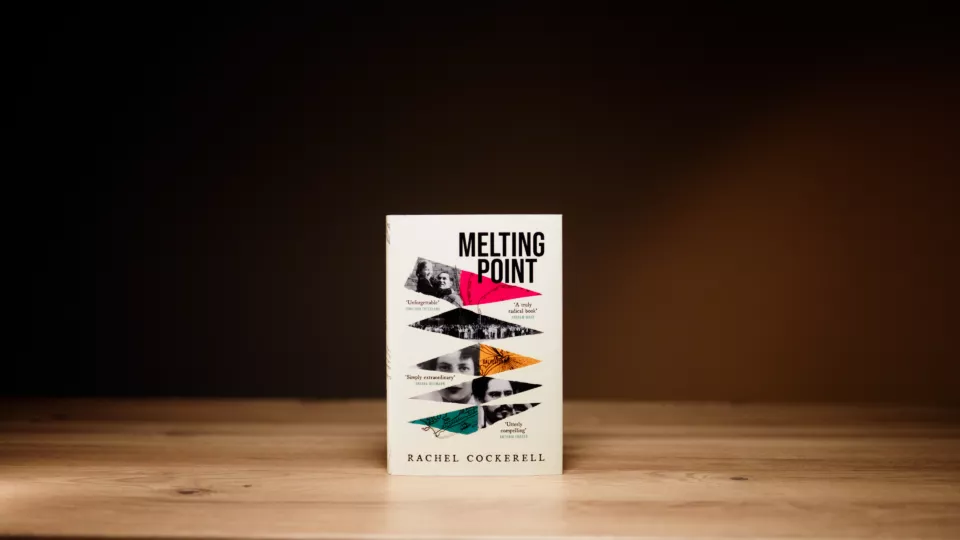
Jonathan Blitzer Longlist Interview
9 October 2024
How does it feel to be longlisted?
Completely thrilling. A few books nominated in previous years have shaped mine, particularly Robert Macfarlane’s The Old Ways and Laura Cumming’s On Chapel Sands. To be recognized by a prize I’ve always admired — and in such good company — is a delight.
How did you conduct your research?
I did most of my research during the pandemic years, lying on my sofa, trawling through digitised newspapers and books. Often they were searchable by keyword: I could type in someone’s name and find revealing anecdotes about them in long out-of-print memoirs, or vivid descriptions of them in newspaper articles from a hundred years ago. In the end I accrued about a thousand pages of notes.
In 2022, when travel restrictions lifted, I went on a three-month research trip across America, visiting archives in Texas, Ohio, Michigan and New York. It was the first time I encountered letters written by my ‘characters’, people who had existed in my mind for so long. Holding these physical traces they had left behind — seeing the flick of their signature, the fold of the notepaper — reminded me they had lived and breathed.
The other side of my research was interviews, which I did mostly over the phone. If my research notes numbered a thousand pages, my interview transcripts must have been closer to two thousand.
How does your book explore the concept of belonging and identity for Jewish immigrants?
My book’s title was inspired by a long-forgotten (and not very good) play, The Melting Pot, which sparked a huge public conversation when it premiered in 1908, and brought the phrase into common parlance.
While writing I was always thinking about assimilation: how much can an immigrant cling on to the past, what do they leave behind? My grandmother arrived in London from the Russian Empire as a child and decided to become ‘more English than the English’. She passed on almost nothing of her Russianness or Jewishness to her descendants. As a third-generation immigrant, I feel I’ve melted into the melting pot.
How did the experience of researching your own family's history impact how you understand your place in the world?
I discovered early in the writing process that my great-grandfather had helped 10,000 Russian Jews flee to Texas. No one in my family knew about this — they had told me in the vaguest terms that he dealt in stocks and shares. It made me see how quickly things are forgotten, how much gets extinguished with each passing century. I now have more of an acute sense that I’m just one generation in a long line of ancestors and descendants.
What were some of the challenges you faced in weaving together various historical documents into a clear narrative?
My book is formed entirely of interwoven primary sources, varying in length from a sentence to several pages. For a long time, it felt like an impossible tightrope walk; I had to find compelling sources for every moment of the story, and fit them together so one naturally led to the next. It took years of rearranging, cutting and restructuring — but I remember the feeling of things slowly clicking into place, these voices from the past coming alive, bristling against each other, clamouring to tell their version of events. In the best moments of writing, I felt like I was being transported back in time.


10 April 2025

17 December 2024

19 November 2024